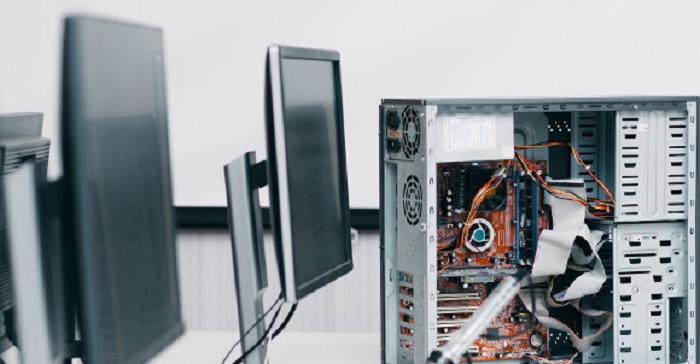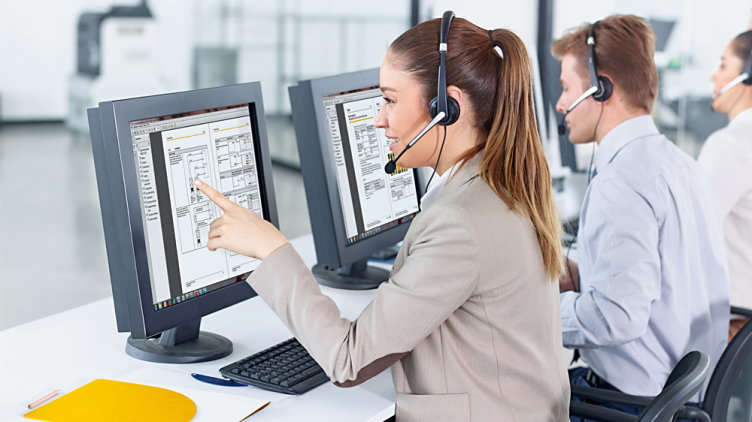Best Tips For Computer Maintenance

Taking care of your computer is essential for maintaining its performance, prolonging its lifespan, and ensuring that it remains a reliable tool for your daily tasks. Whether you use your computer for work, play the best casino online canada, entertainment, or both, implementing proper maintenance and care practices can prevent issues like slowdowns, crashes, and hardware failures.
Below are top maintenance tips for your computer:
- Keep it Clean:
Regular cleaning is crucial for preventing dust buildup, which can affect your computer’s cooling system and cause overheating. Use compressed air to remove dust from the vents, keyboard, and other areas prone to accumulation. Wipe the screen with a microfiber cloth and use a gentle cleaner if necessary. Additionally, clean the keyboard and mouse regularly to prevent dirt and debris from interfering with their functioning.
- Protect Against Power Surges:
Power surges pose a significant risk to your computer’s components. Invest in a surge protector or uninterruptible power supply (UPS) to safeguard your computer against sudden spikes in voltage. These devices will absorb excess electrical energy and prevent it from damaging your computer’s sensitive electronics.
- Update Software Regularly:
Keeping your operating system, antivirus software, and other programs up to date is crucial for security and performance especially if you love to gamble on casinos nz. Updates often include bug fixes, security patches, and new features that can enhance your computer’s functionality and protect it from emerging threats. Enable automatic updates whenever possible to ensure that your computer is always running the latest software versions.
- Practice Safe Browsing Habits:
Protect your computer from malware and other online threats by practising safe browsing habits. Be cautious when downloading files or clicking on links from unfamiliar or suspicious sources. Install reputable antivirus software and regularly scan your computer for malware. Avoid visiting potentially harmful websites and use strong, unique passwords for your accounts to minimize the risk of unauthorized access.
- Manage Storage Space:
Regularly check your computer’s storage space and remove unnecessary files and programs. Cluttered storage can slow down your computer and affect its performance. Consider using external hard drives or cloud storage services to offload large files and free up space on your computer’s internal storage.
- Back-Up Your Data:
Data loss can occur due to various reasons, such as hardware failure, malware, or accidental deletion. Regularly back up your important files and documents to an external hard drive, cloud storage, or a network-attached storage (NAS) device. This ensures that even if your computer experiences a critical failure, your data remains safe and accessible.
- Handle Hardware with Care:
When connecting or disconnecting peripherals, such as USB devices or cables, do so gently to avoid damaging the ports. When transporting your laptop, use a protective case or sleeve to shield it from bumps and scratches. Avoid placing heavy objects on top of your computer or applying excessive pressure to the screen or keyboard.
Summary
By implementing these practices, you can ensure that your computer remains in optimal condition for years to come. Regular cleaning, protecting against power surges, updating software, practising safe browsing habits, managing storage space, backing up data, and handling hardware with care are all essential components of computer maintenance. Taking the time to care for your computer will not only extend its lifespan but also enhance your overall computing experience.






